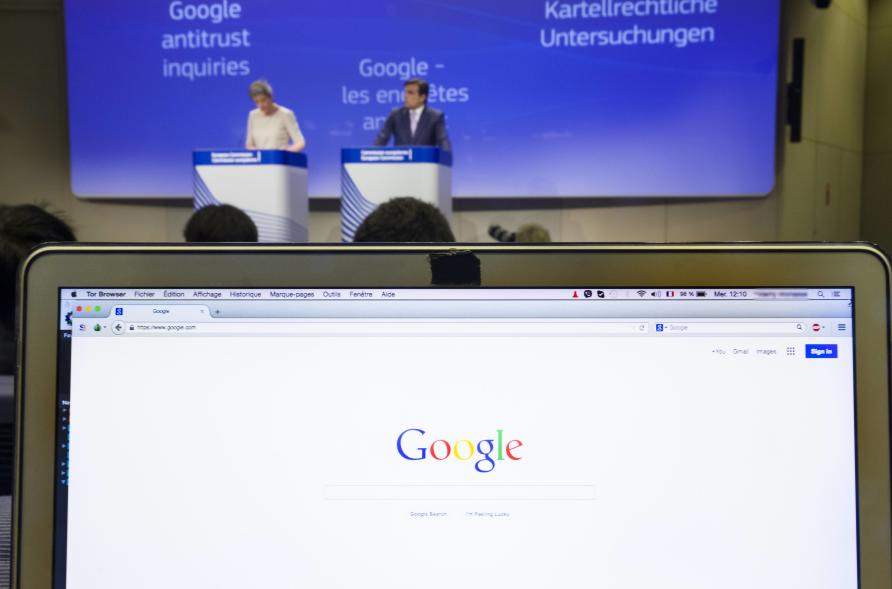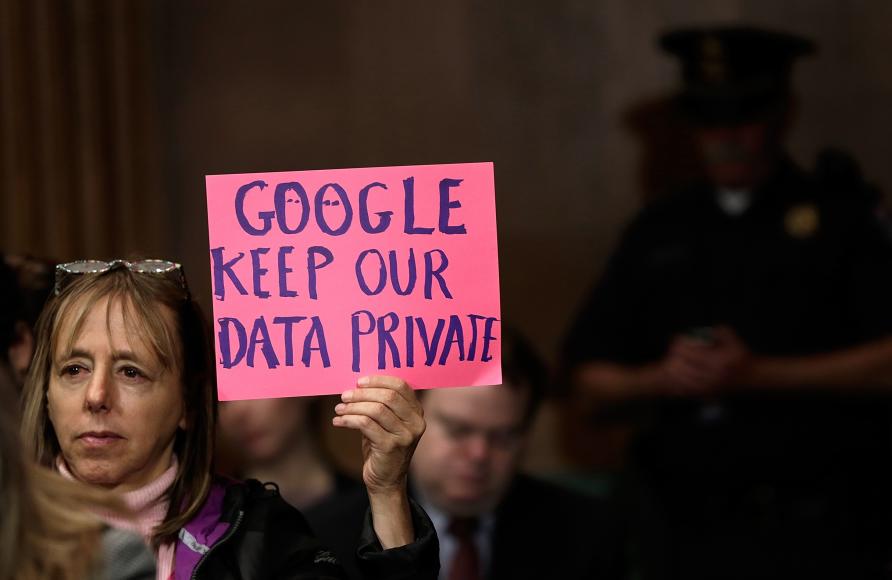Why data is king

Google and Facebook have revolutionised our digital landscape. In fact, Google is so popular that it is now a verb in the dictionary, while Facebook boasts 2.01 billion monthly active users globally, growing by 500 million users in the last 2 years.
But can we trust them?

Recent events would indicate there’s some concern and caution around how these digital giants see their consumer protection and competition responsibilities.
When it came to light that Cambridge Analytica supported President Trump’s election using data from Facebook, people became substantially more aware of the data Facebook collects on them and how it can be used to influence major societal events, like elections.
Google was also in the spotlight recently, with the European Commission imposing a fine of almost A$7 billion for violating competition laws. Among other things, the company was found to favour Google Shopping over rival online-shopping sites.
The Digital Platforms Inquiry
Enter the Australian Competition and Consumer Commission(ACCC), which this week released the preliminary report of its Digital Platform Inquiry. Sitting at 378 pages, the Inquiry is a tome, but this reflects the complexity of markets that involve digital platforms like Google and Facebook.
With this Inquiry, Australia is taking a leading global role in defining digital platforms, the nature by which they compete and the implications of their behaviour for markets and society.
Importantly, the ACCC inquiry is also exploring possible policy options to help protect consumers and promote competition with these platforms.
While the title suggests a general inquiry into digital platforms, it quickly boils down to Google and Facebook. This is because Google captures over 90 per cent share of total online searches in Australia, while Facebook holds nearly 50 per cent of digital advertising revenue domestically with no other company earning more than 5 per cent.
Privacy vs Business
The report highlights a privacy paradox – millions of people sign-up for Facebook despite significant concerns about privacy and the use of their data. So, why sign-up in the first place?

To help mitigate privacy concerns, the ACCC raises some possible solutions.
These include simplifying terms and conditions and being explicit about what is done with users’ data so that individuals can make more informed choices and requiring Facebook and Google to more clearly define why certain personal data must be collected.
Currently, users are offered blanket ‘take it or leave it’ terms and conditions to sign up. Couldn’t the service be tailored around what personal information the user opts into providing?
All of these options come with a trade-off: limits around personal data collection render Facebook and Google less effective at providing value to advertisers, resulting in less incentive to deliver customised, relevant content to attract customers and gather their data.
Data is king when it comes to this tension between privacy and platforms’ incentives to deliver value to consumers and advertisers alike in the long-run.
Market Power
The dominance of Google and Facebook also raises a question of whether they enjoy substantial market power. For many economists, the jury is out on this.
Before Google appeared in 1998, we searched using platforms such as Yahoo!, AltaVista and Ask Jeeves. The next disruptive innovator may be just on the horizon.
But, as the Inquiry highlights, there are potentially new concerns regarding competition in today’s digital age.

The reason for the data-entrenchment is a positive-feedback loop. The more people use Facebook or Google, the more data they collect, and the more valuable the platforms will be for consumers and advertisers. This allows them to attract even more users and collect even more data.
As a valuable business commodity, data itself is a potential barrier to entry in today’s digital landscape.
In what would be a major shift in competition policy, the ACCC proposes acquiring data from another company as an explicit consideration in Australia’s merger guidelines.
What’s next?
With its preliminary report now in the public domain, the ACCC is gathering responses from industry and the public before submitting its final report to the Commonwealth in June next year.
The 11 recommendations, in particular changes to merger law, regulation of the complex algorithms used by Google and Facebook and opt-in options for users to manage their data privacy, all affect the ability of digital platforms to compete in a rapidly changing marketplace.
High-quality data is what enables digital platforms to compete, innovate and deliver public value, but it’s also precisely what entrenches Facebook and Google as dominant firms and fuels the public’s concern over privacy.
There are no silver bullets to these critical societal questions, so expect a level of debate that rivals energy policy disputes in Australia.
And, the world is watching.

The ACCC’s Digital Platforms Inquiry is a world first. Globally, competition authorities are closely watching as the debate unfolds. The recommendations brought to government in June may ultimately set an international precedent for policy around regulatory oversight and consumer protection for digital platforms.
At the very least, this inquiry will contribute to an on-going debate that defines our times.
This issue was discussed at the 2018 Asia-Pacific Industrial Organisation Conference, hosted by the Centre for Market Design at the University of Melbourne on 14-15 December. The meeting included a policy roundtable on market power and digital platforms moderated by Associate Professor Byrne alongside economists from the ACCC and Silicon Valley. This article was published by Pursuit.
Associate Professor David Byrne is the Deputy Director of the Centre for Market Design in the Faculty of Business and Economics at the University of Melbourne. His research interests include industrial organization, applied econometrics and energy and environmental economics.











